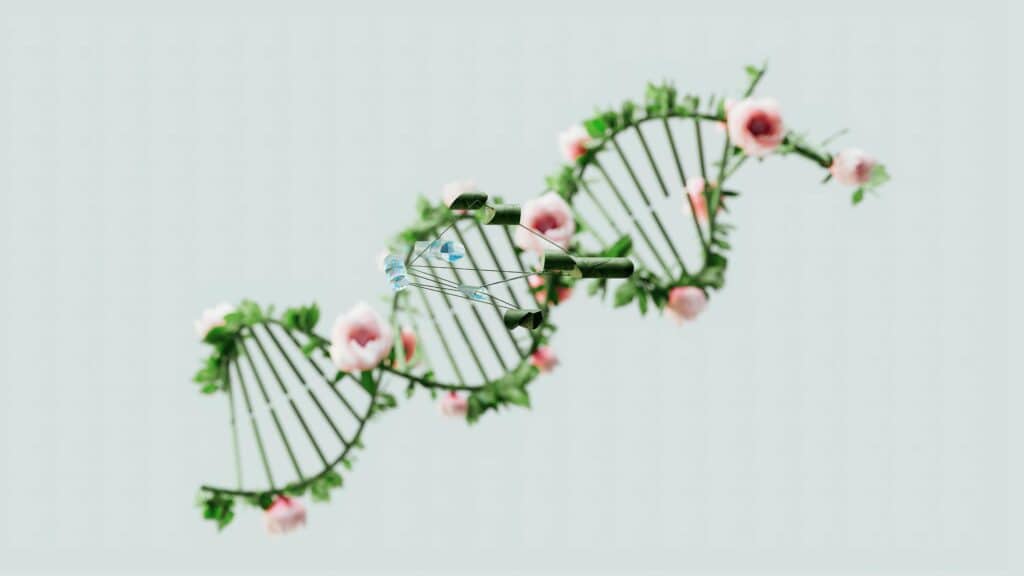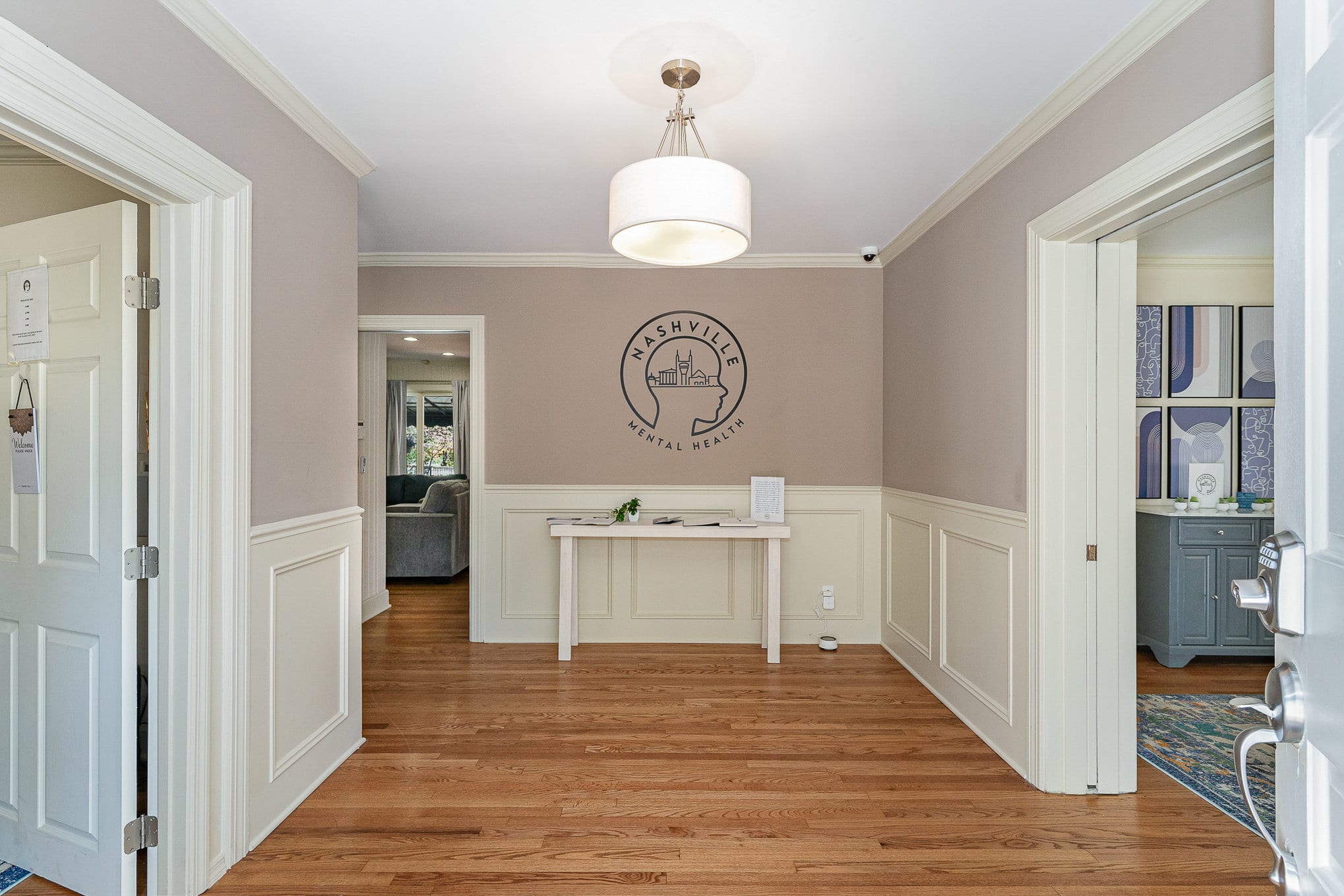Bipolar Genetics Explained for Kids and Families
Have you ever heard someone say, “Bipolar disorder runs in the family”? That’s because bipolar disorder can be linked to something called genetics. Let’s break that down in a way that’s easy to understand.

Nashville Mental Health
What Is Bipolar Disorder?
Bipolar disorder is a mental health condition that causes big changes in a person’s mood. Someone might feel very happy and full of energy one moment and then very sad or tired later on. These mood changes are called manic episodes and depressive episodes.
There are different bipolar subtypes like:
- Bipolar I disorder – mostly strong manic episodes
- Bipolar II disorder – includes hypomanic episodes and depressive episodes
- Cyclothymic disorder – many mood swings, but not as extreme
- Bipolar spectrum disorders – includes a wide range of mood-related problems
What Are Genetics?
Genetics is the study of how traits are passed down from parents to children. These traits are carried in something called genes. Genes are tiny instructions in your body that help decide things like eye color, height, and even your mental health.
When a gene changes, it’s called a genetic variant or genetic variation. Some of these changes can increase your genetic risk factor for psychiatric disorders like bipolar disorder.
Is Bipolar Disorder Genetic?
Yes, genetic factors do play a big role in bipolar disorder. That means if someone in your family has bipolar disorder, you may have a higher chance of getting it too. This doesn’t mean you will get it—it just means you have a genetic risk.
Family Studies and Twin Studies
Family studies show that bipolar disorder happens more often in families with the condition. Twin studies are also important. If one twin has bipolar disorder, the other twin has a higher chance of getting it too, especially if they are identical twins.

What Do Genetic Studies Say?
Scientists use genetic studies and Genome-wide association studies (GWAS) to look for genetic markers linked to bipolar disorder. These markers help us find risk variants—gene changes that may lead to the illness.
Groups like the Bipolar Disorder Working Group of the Psychiatric Genomics Consortium work hard to find out which genes are connected to bipolar symptoms. These scientists look at thousands of people to learn how genes and mental health are linked.
Some helpful research groups and journals include:
- National Institute of Mental Health
- JAMA Psychiatry
- Mol Psychiatry
- Transl Psychiatry
- Arch Gen Psychiatry
How Are Genes and Environment Connected?
Genes are important, but so is your environment. This means your surroundings and life experiences also affect your mental health. Some examples are:
- Stressful events like bullying or losing a loved one
- Problems at school or home
- Not getting enough sleep or eating poorly
When genetic architecture (your genes) mixes with environmental factors, it may increase the chance of bipolar disorder. This mix is called etiological heterogeneity—a fancy word that means different causes can lead to the same illness.
Other Disorders That Share Genetic Risk
Some neuropsychiatric disorders share similar risk loci (gene spots). This means people with bipolar disorder may also have risks for:
- Depressive disorder
- Unipolar depression
- Attention-deficit/hyperactivity disorder (ADHD)
- Psychotic disorders
- Autism spectrum disorder
- Suicide in mood disorders
- Schizophrenia (also known as risk of schizophrenia)
These connections are part of something called psychiatric genetics.
What Is a Polygenic Risk Score?
Scientists use a tool called polygenic risk score to understand how likely a person is to develop a condition like bipolar disorder. This score adds up many common variants (small gene changes) to see how much genetic variance a person has.
The more risk variants you have, the higher your polygenic variation, and the higher your chance of developing bipolar symptoms.
Nashville Mental Health
Does Everyone With the Genes Get Bipolar Disorder?
Nope! Just because you have the genetic variant doesn’t mean you’ll get bipolar disorder. Many people have the same genes but never get the illness. This is why we also look at clinical heterogeneity—how different people with the same illness have different symptoms.
Some might experience rapid cycling (many mood changes in a year), others might have mood-incongruent psychotic symptoms or major depression more often. These are called clinical subtypes.
What Does Research Say?
Famous scientists like Craddock N, Merikangas KR, Stahl EA, Green E, and Sklar have helped us learn more about bipolar disorder and its genetics. Their work shows that future studies should keep looking at:
- Age of onset (how young someone is when it starts)
- Gene for lithium (a medicine that helps)
- Educational attainment (how school may relate to mental health)
- Standard error and confidence interval (these help us trust the data)
- New genetic association with credible genes
What Can You Do?
If someone in your family has bipolar disorder, or if you’re feeling big mood swings, you’re not alone. Here are some things you can do:
- Talk to a mental health specialist
- Try behavioral therapy
- Live a healthy lifestyle
- Ask your doctor about bipolar disorder treatment
If you’re looking for help, check out this page on bipolar disorder treatment. It’s a great resource to learn more and find support.
Final Thoughts
Understanding bipolar genetics helps us learn why some people develop the disorder and others don’t. Genes, life experiences, and family history all work together. And even if you have genetic risk factors, there are ways to stay healthy and get support.
If you or someone you care about needs help, talk to a doctor or a mental health specialist. Remember, you are never alone. Visit SAMHSA for more information.

FAQs About Bipolar Genetics
1. Can you be born with bipolar disorder?
No, you’re not born with it. But you may be born with genetic factors that make it more likely, especially if it’s in your family.
2. If my parent has bipolar disorder, will I get it too?
Not always. You may have a genetic risk, but it doesn’t mean you will develop the illness. Environmental factors matter too.
3. Can genetic testing show if I’ll get bipolar disorder?
Not yet. Scientists are still studying the genetic architecture of bipolar disorder. Testing may show risk variants, but not give a clear answer.
4. What is the difference between bipolar and depression?
Depressive disorder only includes depressive episodes. Bipolar disorder includes both manic and depressive episodes.
Nashville Mental Health
5. Can bipolar disorder be cured if it’s in your genes?
There’s no cure, but it can be managed with the right help. Behavioral therapy, medicine, and support can make a big difference.









